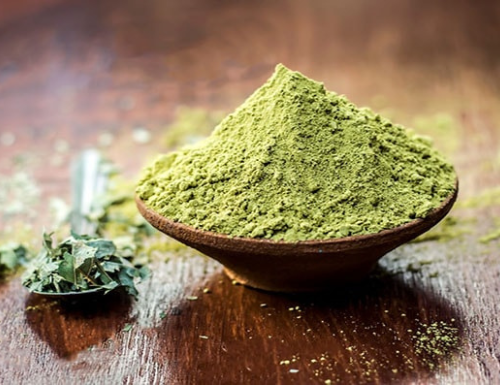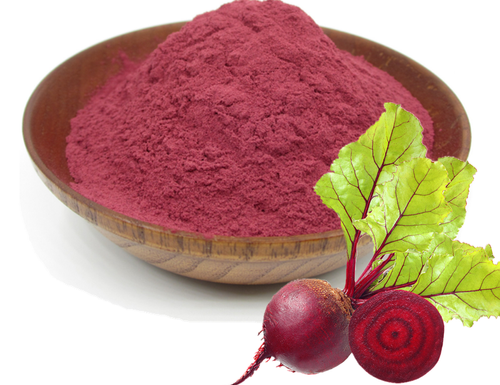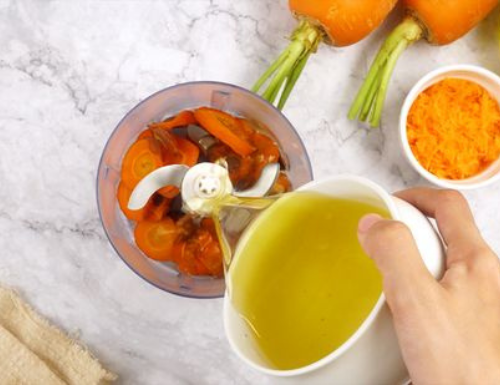Millions of people around the world deal with the common scalp condition known as dandruff. Those pesky white flakes, combined with itchiness and irritation, can be embarrassing and frustrating to deal with. While there are countless anti-dandruff products on the market, many contain chemicals that can cause long-term harm to your scalp and hair. So, what’s the natural solution? Essential oils.
Essential oils are packed with natural antifungal, antibacterial, and soothing properties that make them excellent allies for tackling dandruff and maintaining a healthy scalp. In this blog, we’ll dive into the best essential oils for fighting dandruff, how to use them effectively, and why they’re a game-changer for your scalp health.
What Causes Dandruff?
Before we look at solutions, it’s important to understand what causes dandruff. Some of the most common reasons include:
- Dry Scalp: A lack of moisture causes skin to flake and shed.
- Fungal Overgrowth: The yeast-like fungus Malassezia can cause irritation and flaking.
- Oily Scalp: Excess oil can accumulate dead skin, providing an ideal environment for bacteria to thrive.
- Product Buildup: Residue from shampoos, conditioners, and styling products can irritate the scalp.
- Skin Conditions: Psoriasis, eczema, or seborrheic dermatitis can also trigger dandruff.
- Essential oils target many of these root causes naturally, offering a gentle but effective solution.
Top Essential Oils for Dandruff Relief
Tea Tree Oil
Tea tree oil stands out as a powerful natural solution for combating dandruff. Its powerful antifungal and antimicrobial properties help eliminate the Malassezia fungus that causes flaking. Additionally, it soothes inflammation and reduces itchiness.
How to Use: Mix a few drops of tea tree oil with your shampoo or blend it with a carrier oil, such as coconut oil, and gently massage it into your scalp.
Lavender Oil
Lavender oil is known for its calming and soothing properties, which can help relieve an itchy scalp. It also has antifungal and antibacterial benefits that make it effective for treating dandruff.
How to Use: Mix a few drops of lavender oil with olive oil, apply it to your scalp, and leave it on for 30 minutes before washing it off.
Rosemary Oil
Rosemary oil stimulates blood circulation in the scalp and prevents excess oil production, two factors that contribute to dandruff. Its antifungal properties also help fight scalp infections.
How to Use: Combine rosemary oil with a carrier oil and massage it onto your scalp before rinsing with a mild shampoo.
Peppermint Oil
Peppermint oil provides a cooling sensation that instantly soothes an irritated scalp. It also helps control oil production and reduces fungal growth.
How to Use: Mix peppermint oil with a carrier oil and apply to the scalp, focusing on areas with itching or flaking.
Cedarwood Oil
Cedarwood oil balances the oil levels in your scalp and has antifungal properties that fight dandruff-causing bacteria and fungi.
How to Use: Combine a few drops of cedarwood oil with jojoba oil and massage it into the scalp. Leave it for 20 minutes before shampooing.
Lemongrass Oil
Lemongrass oil is highly effective at reducing dandruff and controlling the Malassezia fungus. Studies have shown that regular use of lemongrass oil significantly reduces flakes.
How to Use: Add a few drops of lemongrass oil to your shampoo or mix it with a carrier oil for a soothing scalp massage.
Eucalyptus Oil
Eucalyptus oil has cooling, antibacterial, and antifungal properties that help reduce dandruff and soothe scalp irritation.
How to Use: Mix eucalyptus oil with a carrier oil and massage it into your scalp, leaving it on for at least 15-20 minutes.
How to Use Essential Oils for Dandruff Relief
Essential oils are potent, so they should never be applied directly to the scalp without proper dilution. Here are safe and effective ways to use them:
- Mix with Carrier Oils: Combine a few drops of essential oil with a carrier oil like coconut oil, jojoba oil, or olive oil. Gently massage it into your scalp, let it sit for 20-30 minutes, and then rinse thoroughly.
- Add to Your Shampoo: Mix 4-5 drops of essential oil into your usual shampoo before use.
- Scalp Sprays: Combine essential oils with water in a spray bottle. Spritz it onto your scalp as a refreshing treatment.
- Hair Masks: Combine essential oils with ingredients like aloe vera gel, yogurt, or honey to create a nourishing scalp mask that hydrates and treats dandruff.
Benefits of Using Essential Oils for Dandruff
Using essential oils for dandruff has several advantages:
- Natural Solution: Free from harmful chemicals that can damage hair.
- Antifungal and Antibacterial: Target dandruff at its root cause.
- Soothing Properties: Calm an irritated, itchy scalp.
- Promotes Hair Health: Feeds the scalp and promotes healthy hair growth.
- Cost-Effective: A small bottle lasts a long time and can be used for multiple treatments.
Additional Tips for a Flake-Free Scalp
- Stay Hydrated: Stay hydrated to help keep your scalp healthy and moisturized.
- Use Mild Shampoos: Harsh shampoos strip natural oils, causing dryness.
- Avoid Overwashing: Frequent washing can dry out your scalp and worsen dandruff.
- Maintain a Balanced Diet: Include foods rich in zinc, vitamin E, and healthy fats for better scalp health.
- Stress Management: High-stress levels can trigger dandruff. Practice relaxation techniques like meditation or yoga.
Final Thoughts
Dandruff can be stubborn, but essential oils offer a natural and effective way to combat it. Whether it’s the antifungal power of tea tree oil, the soothing effects of lavender, or the refreshing benefits of peppermint, essential oils address dandruff at its root cause while promoting overall scalp health.
The best part? They are chemical-free, easy to use, and gentle on your hair. Say goodbye to those annoying flakes and hello to a healthier, flake-free scalp.
If you’re ready to take the natural route, start exploring essential oils and experience the difference they can make for your hair and scalp.





















